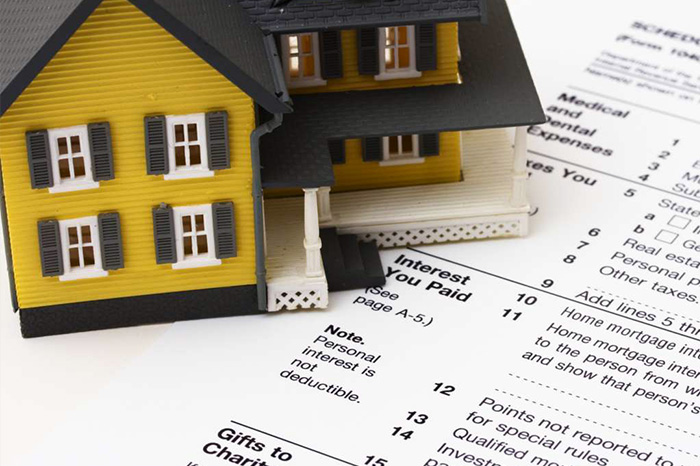
Real estate taxes when buying a property in the Dominican Republic
This time I will talk to you about Property Taxes in Dominican Republic, also called the IPI. In the Dominican Republic the property tax (IPI) is paid based on the total resulting sum of all your real estate properties registered in the General Directorate of Internal Taxes.
It must be paid every year, and it is calculated based on 1% of the registered value of the property, you can do it in two payments or in just one depending on your convenience. The amount to be paid is calculated on the 1% of the excess value of RD $ 8,138,353 pesos on your properties registered in Internal Taxes.
If the value of your registered properties is less than RD $ 8,138,353 pesos, you are exempt, that means that you do not have to pay this tax.
I’m going to give you an example so that you can understand it in a simple way.
•Lest imagine own a property that is registered under the value of RD $ 9,360,000 and another of RD $ 14,040,000, your real estate assets would be RD $ 23,400,000, from this we subtract the exemption from the IPI RD $ 8,138,353 then the surplus is RD $ 15,261,862 pesos
Of this amount you have to pay 1%, say RD $ 152,618.62 pesos.
As I told you before, you have the possibility of paying this amount in two installments if you are a physical person in March and September and if you have the property registered under the name of a company, in April and October, your deadline for payment of the two installments, Always take into account that if you decide to do it in a single payment, it must be in March or April of each year.
If you make the payment after the stipulated deadline, a 10% late fee applies on the amount to be paid, in the first month of delay.
If you are more than one month late, a progressive and indefinite 4% is added for each month, together with a cumulative 1.10% of compensatory interest.
In the event that you want to sell a property, it must have the IPI settled, since otherwise you will not be able to transfer that property to the buyer’s name.
Having said this, I advise you to request the IPI certification before buying the property, so you will know whether or not you have debts and, if you do, you will know how much money the IPI owner owes.
Remember to check the current tax exemption at the General Directorate of Internal Taxes, in this way you will know whether or not your property is exempt from paying the IPI.
This tax must be paid by all dwellings, urban plots and Real estate destined for commercial, industrial and professional activities.
If you do not want to pay this IPI for 15 years, I invite you to watch the video about the Confotur Law where you are exempt from this tax.
There are also some cases that should not pay this tax such as:
1. The home (and the lot on which it is built) belonging to people over 65 years of age, as long as it constitutes the only real estate assets of its owner.
2. Pensioners and rentiers from foreign sources by 50%.
3. and other cases that you can consult in the link that I leave below …
Web
